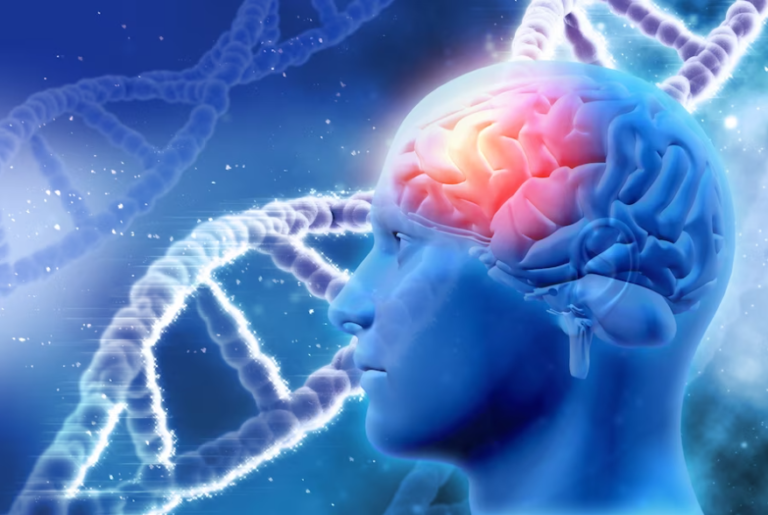Spring Physiotherapy & Rehabilitation Center
- 01718-525249
- info@springbd.health
- Sat to Thu : 10:00 am to 1:00 pm & 3:00 pm to 9:00 pm

Neuro Medicine Service
Physiotherapy & Rehabilitation Center” in Dhanmondi (Satmosjid Road), Dhaka

Neuro Medicine
Neuro Medicine is a branch of medicine that focuses on the diagnosis and treatment of disorders affecting the nervous system. The nervous system includes the brain, spinal cord, nerves, and muscles.
Neurology encompasses a broad spectrum of disorders and conditions, including but not limited to:
Stroke: Neurologists are involved in the diagnosis and treatment of stroke, which occurs when blood flow to the brain is interrupted, leading to brain damage. They may administer clot-busting medications to remove blood clots and restore blood flow.
Epilepsy: It is characterized by recurrent seizures. They prescribe antiepileptic medications and recommend lifestyle modifications for patients who are suffering from seizures.
Multiple Sclerosis (MS): MS is an autoimmune disease that affects the central nervous system. Treatment plans to manage symptoms, slow disease progression, and improve the quality of life for patients with MS.
Movement Disorders: Parkinson’s disease, essential tremor, dystonia, and Huntington’s disease may associate with movement disorders. Medications, Physiotherapy, and Lifestyle modification to improve motor function and reduce symptoms.
Neurodegenerative Disorders: Alzheimer’s disease, dementia, and amyotrophic lateral sclerosis (ALS). While these conditions have no cure, neurologists focus on symptom management, slowing disease progression, and improving patients’ overall well-being.
Headaches and Migraines: Neurologists help identify triggers, prescribe medications, and develop personalized treatment plans to alleviate pain and reduce the frequency and intensity of headaches.
Neuromuscular Disorders: Neurologists diagnose and treat conditions affecting the nerves and muscles, including peripheral neuropathy, myasthenia gravis, and muscular dystrophy. They may prescribe medications, and recommend physiotherapy to improve muscle strength and function.
Neuro-oncology: Neurologists collaborate with other specialists in the field of neuro-oncology to diagnose and treat brain tumors and other cancers affecting the nervous system.
It’s important to note that this is just a brief overview of neurology and some common neurological disorders. Neurology is a vast and evolving field, and there are many other conditions and sub-specialties within neurology that are not mentioned here. If you have specific questions or concerns about a particular neurological condition, it’s best to consult with a qualified neurologist or healthcare professional for accurate information and guidance.
FAQ
What is neurology?
Neurology is a branch of medicine that focuses on the diagnosis and treatment of disorders and diseases affecting the nervous system, including the brain, spinal cord, and peripheral nerves.
What conditions do neurologists treat?
Neurologists treat a wide range of conditions related to the nervous system, including but not limited to: stroke, epilepsy, Alzheimer’s disease, Parkinson’s disease, multiple sclerosis, migraines, neuropathies, brain tumors, and spinal cord disorders.
When should I see a neurologist?
You should consider seeing a neurologist if you experience symptoms such as severe headaches, recurring seizures, muscle weakness or numbness, problems with balance or coordination, memory loss or confusion, or any other concerning neurological symptoms.
What can I expect during a visit to a neurologist?
During a visit to a neurologist, you can expect a comprehensive evaluation of your medical history and a neurological examination. The neurologist may also order diagnostic tests such as MRI or CT scans, blood tests, or electroencephalograms (EEGs) to help with diagnosis. Treatment options will vary depending on the specific condition.
Are there any recent advancements in neurology?
Yes, neurology is a rapidly evolving field, and there have been significant advancements in recent years. Some notable advancements include the development of new medications and therapies for neurodegenerative diseases, advancements in neuroimaging techniques for more accurate diagnosis, and the emergence of neurostimulator techniques for conditions like Parkinson’s disease and chronic pain management. However, it’s important to consult with a neurologist for the most up-to-date information on advancements in the field.
